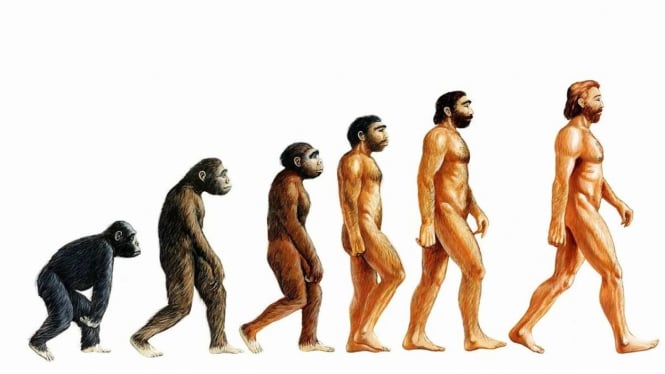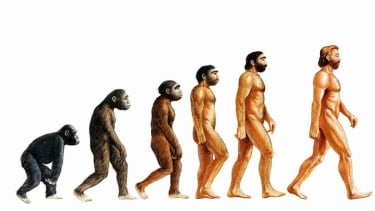New Discovery Changes Understanding of Human Origin
- vstory
VIVA – The long debate about the origin of humans has been going on for a long time. Some believe humans are created by God. On the other side, there are also those who believe that humans are an evolutionary form of other species that lived before.
This time, new evidence has been found in South Africa that may rekindle questions about the origins of humans and what species may have been the ancestors of modern humans.
Previously in 1947, Robert Broom and John T. Robinson found fossils of ancient humans who were later named Mrs. Ples.
At that time, it was believed these bones were identified as belonging to the species Australopithecus africanus which was estimated to be between 2.1 to 2.6 million years old.
Not only that, this species is also strongly suspected of being the ancestor of the genus Homo and placing it as the origin of human evolution.
As quoted from the BGR website on Wednesday, July 6, 2022, the latest study conducted by Darryl Granger and his team refutes these findings and states, the fossil of Mrs. Ples is estimated to have been 3.4 to 3.6 million years old.
When compared, there is a difference of almost a million years between the findings of the two. Indirectly, the findings of Granger and his team at the same time also say that Mrs. Ples and other fossils her age are not the ancestors of modern humans today.
Granger also said, in the Sterkfontein cave, South Africa, where the fossils of Mrs. Ples were found, there were more fossils of Australopithecus compared to anywhere else in the world and the findings in the cave are what make it the center of debate over the origin humans for more than 70 years.
It also makes this cave as a world heritage site recognized by UNESCO and dubbed the 'birthplace of humans'.
Another important record that Granger gave in his research is that it is very difficult to know for sure the age of the fossils found in South Africa. However, Granger said the fossils were older than expected.
Granger's latest findings were certainly a challenge for researchers to find a more definite answer related to the human origin.



























